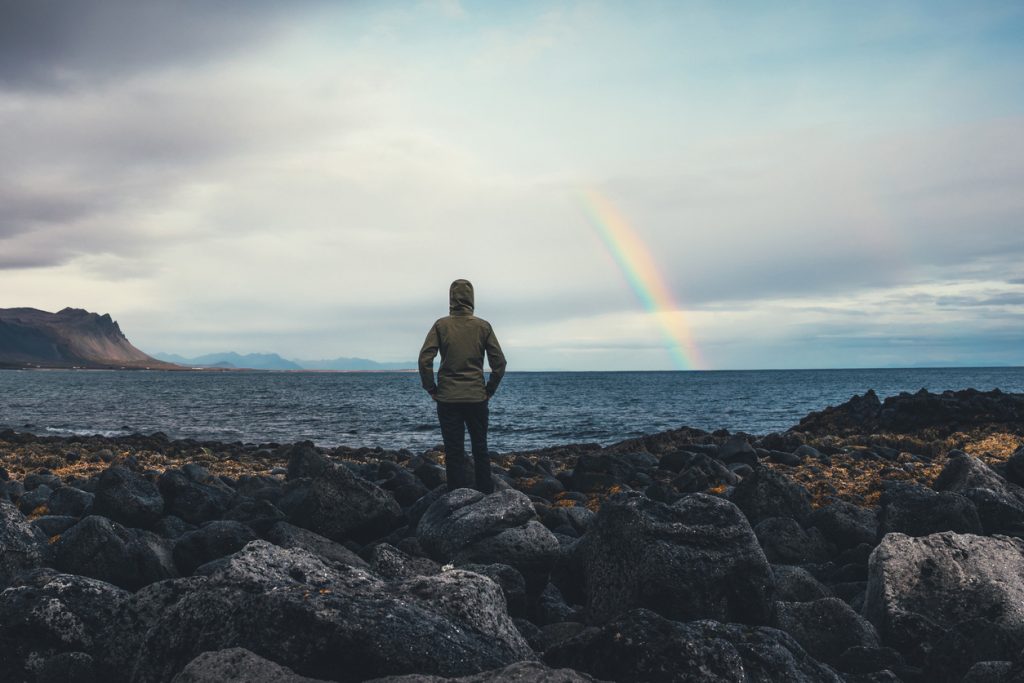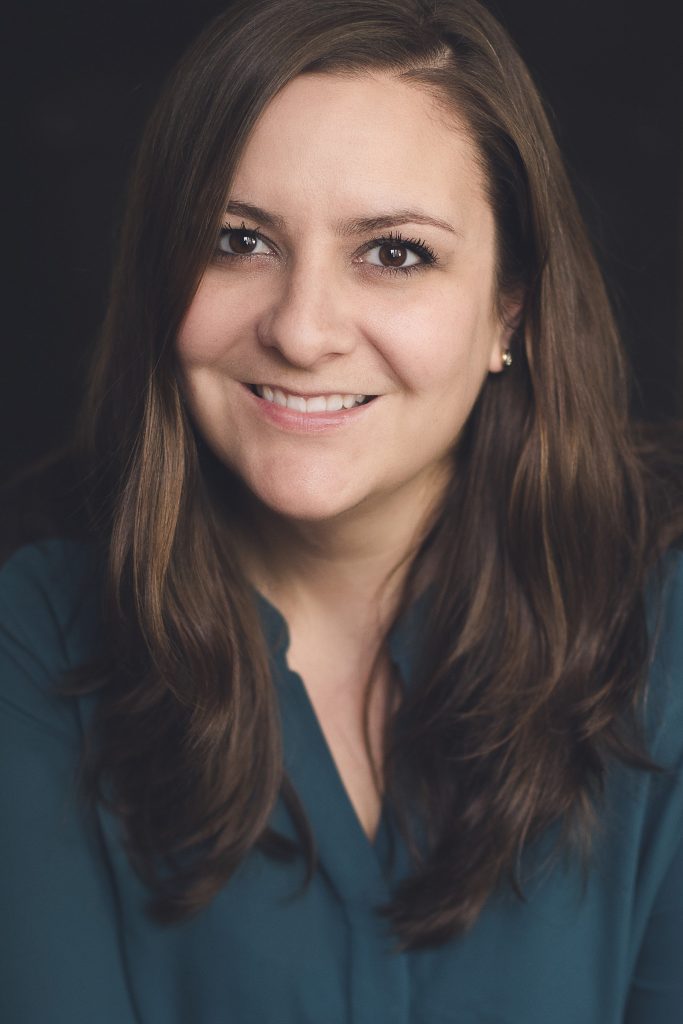I Can Talk to My Kids About Death. But How Do We Talk About Dying?

To love a person is to one day know grief; I know this to be true. But nobody likes to talk about dying.
People age, illness strikes, and tragedy can happen without warning. A life can slow down and fade out before our eyes or be taken quickly, impervious to the wake left behind. It’s hard – often devastating – but it can’t be avoided any more than the end of a day.
By adulthood, most of us have experienced the loss of a loved one. Sometimes, more than our fair share. As parents we must navigate the difficult path of explaining death and talk about dying to our children. It’s not something we look forward to, but it’s part of life and not unexpected. People live and one day, they die. This reality demands an explanation.
Of course, discussions of death are further complicated by the fact that different families believe different things. Some talk of heaven or a person’s spirit while others take a more scientific approach. I’m the latter, but I don’t fault anyone who takes comfort from religion or other personal beliefs. Grief is personal and cannot be judged.
So we talk about dying and death because it happens. We tell our children what we believe, answer questions and comfort them as best we can.
But how do we talk about dying?
I have always been straightforward with my kids and from day one, my husband and I have shared a matter of fact approach to their questions. We’ve talked about what happens to a person’s physical body when they die, what a funeral is and how it can bring comfort, and how we can keep loved ones with us in our hearts and memories.
It made sense. It worked for my family.
But then, very recently, my grandpa became ill. The sarcoma was in his arm, then the cancer spread to his ribs, leg, and all through his brain. Aggressive, incurable. We saw him losing mobility, motor function, and speech. He hadn’t died but he was dying, and my children could see it. They just didn’t understand.
My kids were 6 and 7 years old; whip-smart and bursting with questions about the world around them. They recognized that my grandpa was changing, but their limited experience with death allowed them to envision a future wherein he recovered. We talked about cancer – how sometimes you get better and sometimes you don’t – but that didn’t deter them. He was sick – very sick, they could tell – but that’s different than being dead. There was a clear gap in their understanding of the in-between.
This is when I found myself somewhat lost, as a mom. Despite my honest and open approach to hard topics, I was grossly unprepared for the journey of parenting while someone close to you dies slowly.
Not just “someone.” In this case – my grandpa, a man who was like a father to me and an amazing part of my children’s lives. His loss would be a black hole. Grief wrapped itself around my heart prematurely, knowing that his time was now measured in weeks instead of years. I snapped and shut down, sobbed until my eyes were swollen and red, and made batch after batch of homemade soup because it’s all I could do. There is no hiding that type of pain, and really, why should anyone? When you love a person with all of your heart and are losing them, that emotion deserves a home.
This loss would be my kids’ loss, too – the first of this magnitude, for both of them.
We shared our feelings and spoke about what they observed, which got us on the way to talk about dying. I dipped my feet in the pond, reminding my kids that some people don’t get better from cancer. That this particular type was really hard to get rid of. That when a person is older, it can be harder for their body to heal. I asked them to make cards and drawings, demonstrate love and kindness, and give as many hugs as they could.
Perhaps this is what dying is.
When you’re given the opportunity – it’s a time to love and be loved, however painful the process may be. A time for family to become immersed in emotional loss long before the final breath, allowing a slow glide rather than a crash. Yes, a body is shutting down and there are indignities that go along with that. It’s awful, but there is so much more. There is time left, however short. Words to be said, hands to be held. There is comfort, and love.
Kids understand love.
From this perspective, it was an honour to have had this chance. A few weeks of final time knowing that it was just that, final… and to show my children how to cherish someone before they’re gone.
When I felt that the event was close, I decided to tell my kids that yes, the grandpa we loved so much was going to die. Except, I didn’t. Not in time. With a terminal illness, it’s hard to know how much notice we truly have or what will feel right in any given moment (a hard concept indeed, when nothing feels right). I had been easing them into the mindset of loss and death without placing the full burden of knowledge over their heads.
They deserved the truth, but they also deserved the lightness and joy of childhood.
When his death came one September afternoon, I wasn’t ready. I never would have been. But even so, I thought we had a few more days, or at least a few more hours. After spending the morning by his side at the hospice, my husband and I left to pick up the kids from their first day of school. I told my grandpa I’d be back by dinnertime, leaving him with a smile and a kiss goodbye. It felt strange, greeting friends and teachers while going through the motions of typical family life, but the world hadn’t stopped to ease my pain.
Life goes on until it doesn’t.
The school bell was going to ring whether we were there or not. So this is what we did, and then he was gone.
Motherhood is unflinching. As we wrangle with the hardest and most unrelenting of emotions, we do what parents do; take the kids to school, make the lunches, read bedtime stories, and tuck them into their beds. We continue to nurture and love our kids despite our own pain, shielding them from the worst of it while letting them see that we’re human.
We carry on as if we are not broken and one day, through winding roads of grief that dull but never clear, we won’t be.














